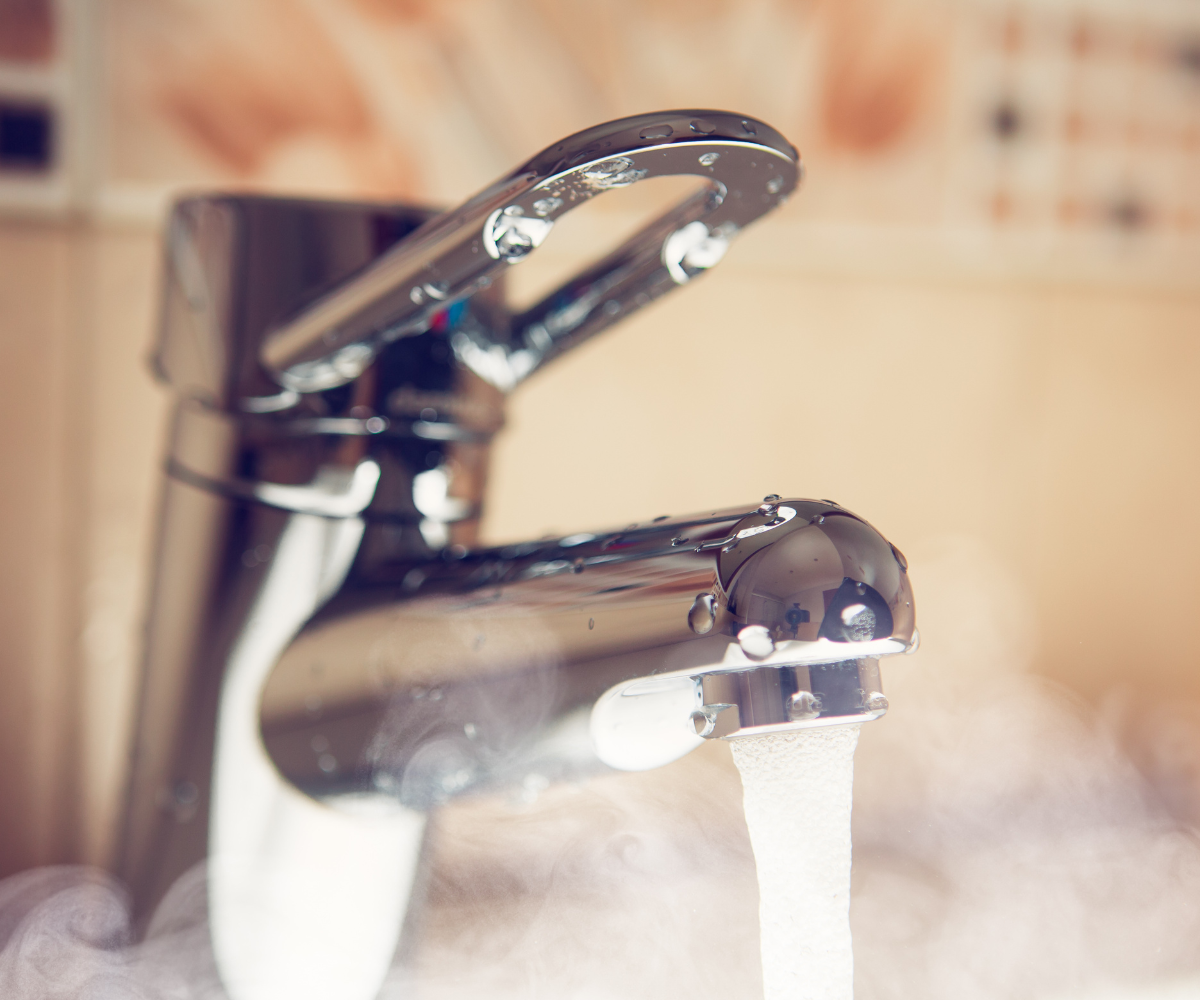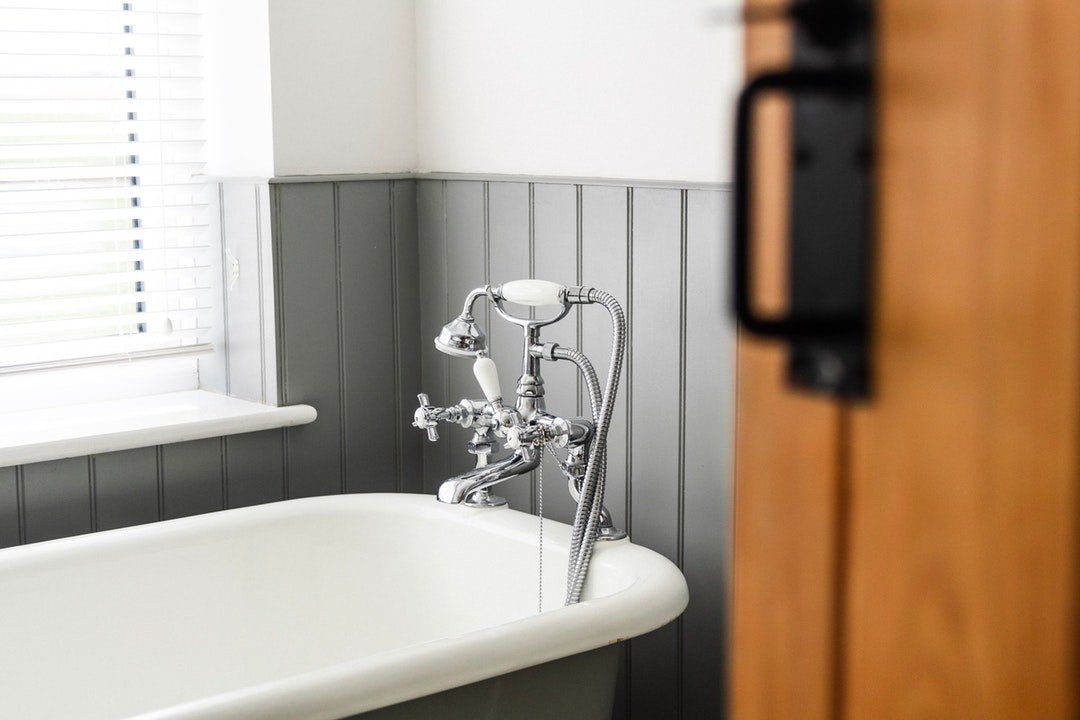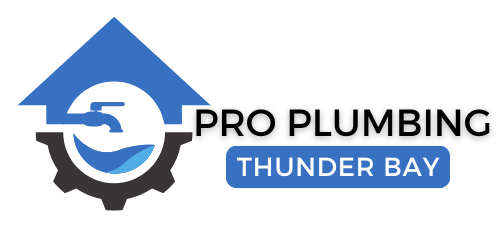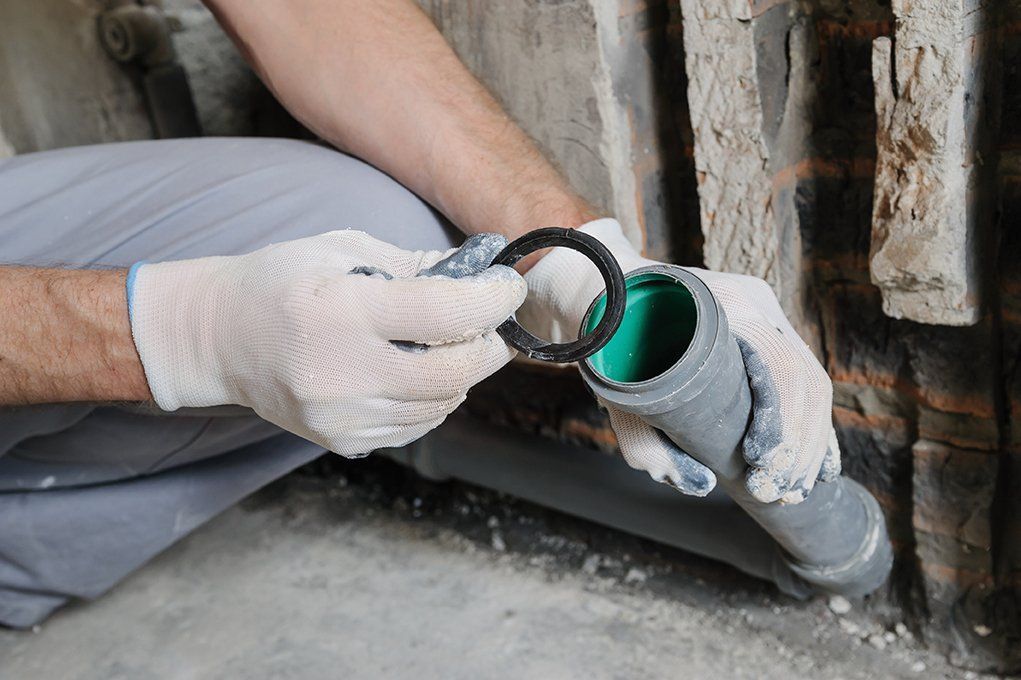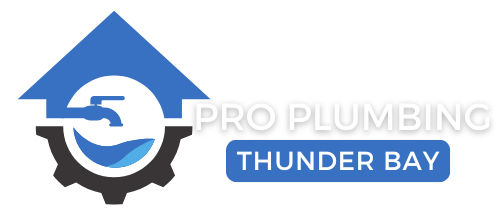Why Seasonal Plumbing Maintenance is a Must for Ontario Homes
As a plumber with years of experience serving homes and businesses in Thunder Bay, I’ve seen firsthand what happens when seasonal plumbing maintenance gets overlooked. At
Pro Plumbing Thunder Bay, we get plenty of calls in the dead of winter from folks dealing with frozen pipes, and in spring, we’re fixing leaks from ice damage. The truth is, a little preparation before each season can save you a whole lot of money and stress down the road.
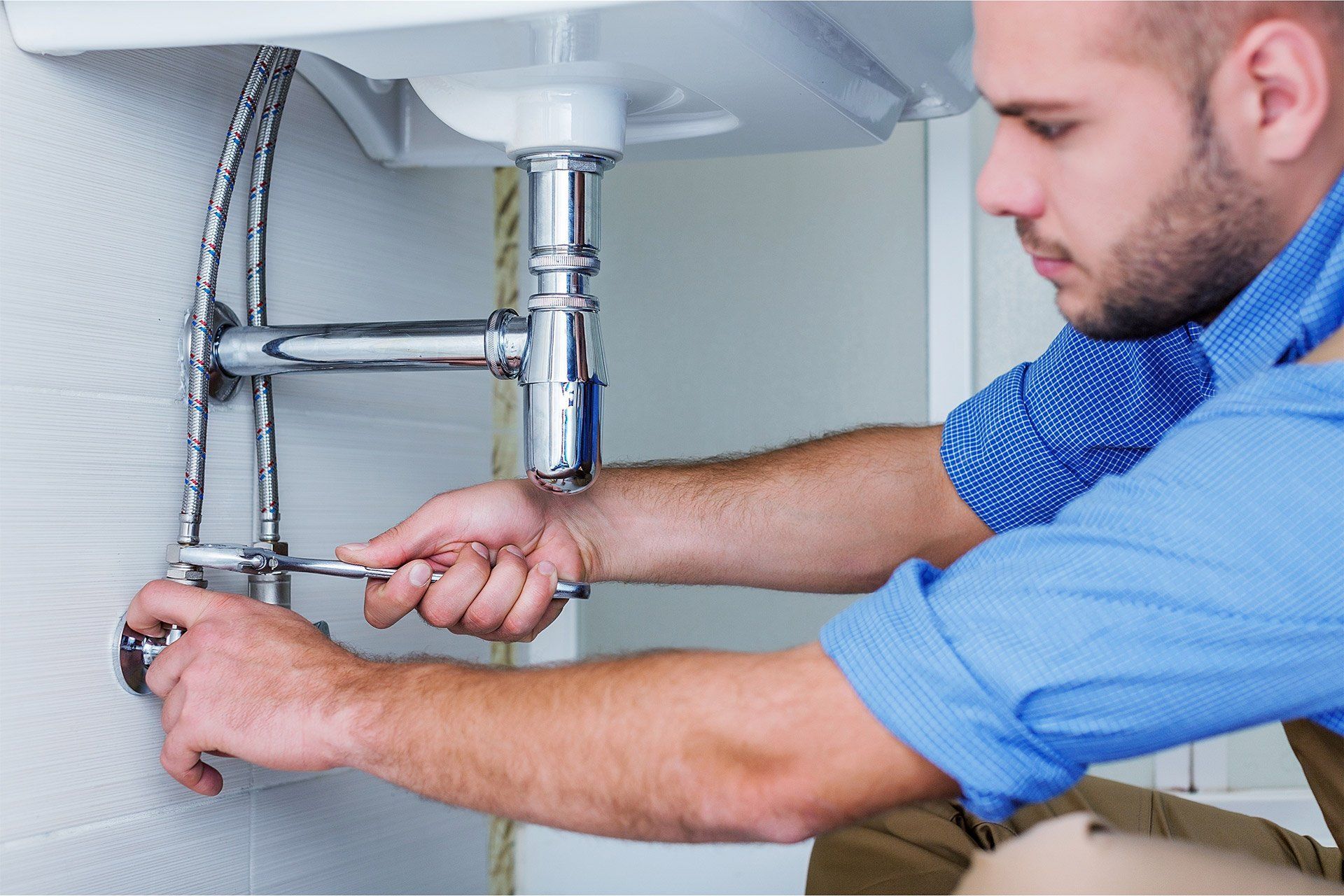
Winter: Prevent Frozen Pipes Before It’s Too Late
Ontario winters are no joke, and neither are frozen pipes. When water inside your pipes freezes, it expands, creating pressure that can lead to burst pipes and costly water damage. Before winter hits, we recommend insulating exposed pipes, shutting off outdoor water lines, and checking for any slow leaks. Trust me, a proactive approach can prevent a nightmare scenario where you wake up to no running water or, worse, a flooded basement.
Spring: Check for Ice Damage and Leaks
As the snow melts and temperatures rise, hidden plumbing issues from winter can start to show. Ice buildup can cause small cracks in your pipes, leading to leaks that might not be noticeable right away. During a spring maintenance check, we inspect your plumbing system for any weak spots, check your sump pump to ensure it’s working, and make sure your drains are clear of debris. The last thing you want is a surprise flood in your basement when spring rains start coming down hard.
Summer: Keep Your Plumbing in Top Shape
Summer is the perfect time to take care of plumbing repairs and upgrades since you don’t have to worry about frozen pipes. If you’re planning to go on vacation, it’s a good idea to have a professional check your plumbing before you leave. A small leak left unchecked for weeks can turn into major water damage. Plus, with higher water usage in the summer (think watering lawns, washing cars, and extra showers), it’s important to ensure your pipes and drains are in good condition.
Fall: Get Ready for the Cold Months Ahead
Fall is your last chance to prepare before winter hits. This is the time to drain and shut off outdoor faucets, inspect your water heater, and make sure your home’s plumbing is ready for freezing temperatures. We also recommend having your boiler or water heater checked to ensure it’s running efficiently—because nobody wants to deal with cold showers in the middle of January!
"Plumbing issues don’t just happen overnight. Most major problems, like burst pipes or sump pump failures, start as small issues that go unnoticed."
- John William
The Bottom Line: Seasonal Maintenance Saves Money
Plumbing issues don’t just happen overnight. Most major problems, like burst pipes or sump pump failures, start as small issues that go unnoticed. That’s why seasonal maintenance is so important—it helps catch problems early and saves you from expensive repairs. At Pro Plumbing Thunder Bay, we offer seasonal plumbing maintenance services to keep your home’s plumbing running smoothly all year long.
Give us a call today to schedule your seasonal plumbing checkup. A little maintenance now can save you big headaches later!
You might also like
